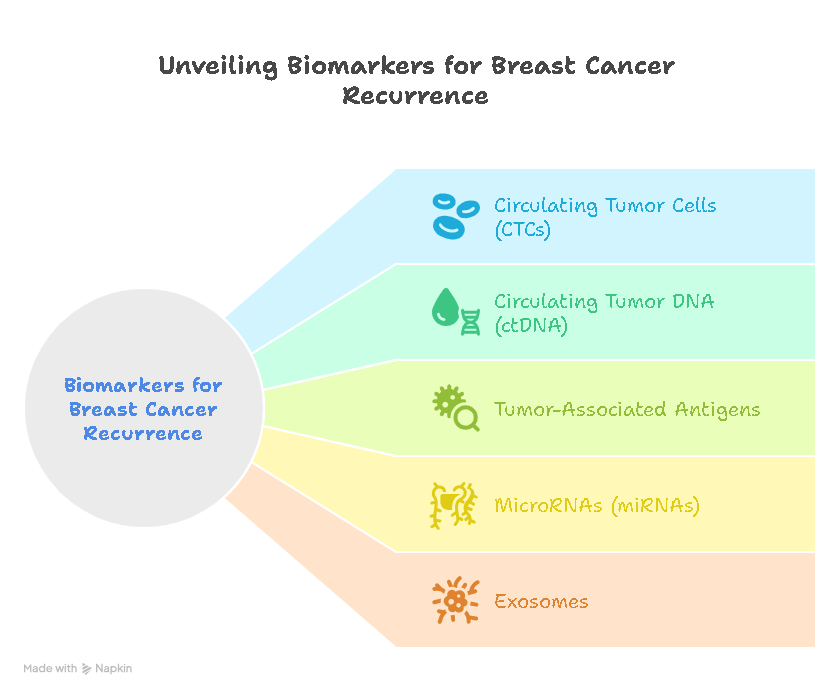The journey of pregnancy is a momentous timeline in a woman’s life, marked by various milestones and medical assessments. Among these, the Double Marker Test stands out as a crucial diagnostic tool for assessing the health of the developing fetus. In this article, we will delve into the intricacies of the Double Marker Test, demystify its purpose, and shed light on normal values that indicate a healthy pregnancy.

Understanding the Double Marker Test:
The Double Marker Test is a blood test conducted during the first trimester of pregnancy, typically between 8 to 14 weeks. Its primary objective is to screen for chromosomal abnormalities such as Down syndrome and genetic disorders like Edwards syndrome and Patau syndrome. This non-invasive procedure involves analyzing two specific markers in the maternal blood – Beta-human chorionic gonadotropin (β-hCG) and Pregnancy-Associated Plasma Protein-A (PAPP-A).
Normal Values:
Interpreting the results of the Double Marker Test involves comparing the levels of β-hCG and PAPP-A with established normal values. These values serve as crucial benchmarks in determining the overall health of the fetus.
- Beta-human chorionic gonadotropin (β-hCG): In a healthy pregnancy, the levels of β-hCG tend to rise steadily during the first trimester. Normal values typically fall within a specific range, and deviations may indicate potential issues.
- Pregnancy-Associated Plasma Protein-A (PAPP-A): This protein is vital for fetal growth. Abnormal levels may signal a risk of chromosomal abnormalities, making it essential to closely monitor these values.
Significance of Normal Values:
Normal values in a Double Marker Test are reassuring indicators of a healthy pregnancy. They suggest a lower likelihood of chromosomal abnormalities and genetic disorders. However, it’s crucial to remember that the Double Marker Test is a screening tool, not a definitive diagnostic test. If the results fall outside the normal range, further diagnostic tests, such as amniocentesis or chorionic villus sampling, may be recommended for a comprehensive evaluation.
Importance of Early Detection:
One of the key advantages of the Double Marker Test is its ability to detect potential issues early in pregnancy. Early identification allows healthcare providers to offer appropriate counseling, guidance, and intervention strategies, contributing to better maternal and fetal outcomes.
The Double Marker Test plays a pivotal role in assessing the health of a developing fetus during the early stages of pregnancy. Understanding the normal values of β-hCG and PAPP-A is crucial for expectant parents and healthcare providers alike. While normal results provide reassurance, any deviations warrant careful consideration and may prompt further diagnostic steps. As with any medical test during pregnancy, open communication with healthcare professionals ensures that expectant parents are well-informed and empowered to make informed decisions for the well-being of both the mother and the baby.
Beyond Numbers: Emotional Support and Informed Decision-Making
While the Double Marker Test primarily focuses on quantitative values, it’s essential to recognize the emotional aspect of this journey. The anticipation and anxiety surrounding prenatal testing can be overwhelming for expectant parents. Healthcare providers play a crucial role in offering emotional support, ensuring that families understand the nuances of the test and its potential implications.
In the event of results falling outside the normal range, it’s important to approach the situation with a calm and informed mindset. Further diagnostic tests, while more invasive, provide a definitive diagnosis and guide families in making decisions about the next steps in their pregnancy journey.
Continuous Advancements in Prenatal Screening
The field of prenatal screening is dynamic, with ongoing research leading to advancements in testing methodologies. As technology evolves, so do the options available to expectant parents. Staying informed about the latest developments ensures that individuals can make decisions aligned with their values and preferences.
Personalized Care Plans
Each pregnancy is unique, and the Double Marker Test contributes to the customization of care plans based on individual circumstances. Whether results are within normal values or prompt additional testing, healthcare providers work collaboratively with expectant parents to tailor a care plan that addresses their specific needs, concerns, and preferences.
Empowering Choices Through Knowledge
Knowledge is a powerful tool during pregnancy, allowing expectant parents to actively participate in decision-making. Understanding the purpose of the Double Marker Test, the significance of normal values, and the available options in the case of abnormal results empowers individuals to make choices aligned with their values and beliefs.
The Double Marker Test in pregnancy, with its focus on normal values, is a valuable tool in the early detection of potential chromosomal abnormalities. While the numbers provide crucial information, the emotional and personal aspects of the testing process are equally important. Informed decision-making, emotional support, and staying abreast of advancements in prenatal screening contribute to a holistic approach to prenatal care.
As technology continues to advance, the landscape of prenatal screening will evolve, offering new possibilities for early detection and intervention. Through a combination of medical expertise, emotional support, and personalized care, the journey through prenatal testing becomes a collaborative effort between healthcare providers and expectant parents, ultimately working towards the shared goal of a healthy pregnancy and the birth of a thriving baby.
Navigating the Journey Together: Partner Involvement
The journey through prenatal testing, including the Double Marker Test, is not one that individuals have to navigate alone. Partners play a crucial role in providing emotional support, understanding the information, and making decisions that align with both their values and the well-being of the growing family.
Post-Test Counseling and Follow-Up
Regardless of the test results, post-test counseling is a vital component of the process. Understanding the implications of the results, whether normal or abnormal, helps individuals and couples make informed choices. Healthcare providers play a pivotal role in offering support, answering questions, and addressing any concerns that may arise during this period.
In cases where results indicate a potential risk, a comprehensive follow-up plan is typically established. This may involve additional tests, consultations with specialists, and ongoing monitoring to ensure the best possible outcome for both the mother and the baby.
The Role of Lifestyle and Wellness
Beyond medical tests, lifestyle and wellness practices contribute significantly to a healthy pregnancy. Nutrition, exercise, and stress management are integral components of prenatal care. Incorporating these elements into the overall plan enhances the chances of a smooth pregnancy and a healthy birth.
Celebrating the Journey
Amidst the medical aspects of prenatal care, it’s crucial to celebrate the joyous moments of pregnancy. Whether it’s the first ultrasound, feeling the baby’s first kicks, or planning for the nursery, these moments create a tapestry of memories that go beyond medical tests. Balancing the medical aspects with the celebration of these precious moments contributes to a positive and fulfilling pregnancy experience.
Final Thoughts:
The Double Marker Test in pregnancy serves as a valuable tool for early detection and informed decision-making. While the focus is on normal values and potential risks, it’s equally important to recognize the emotional, personal, and joyful aspects of the journey. With the support of healthcare providers, partners, and a comprehensive approach to prenatal care, expectant parents can navigate this journey with confidence and optimism. As advancements in medical science continue to shape prenatal testing, the future holds promise for even more precise and personalized approaches to ensuring the health and well-being of both mother and baby.











Leave a Reply